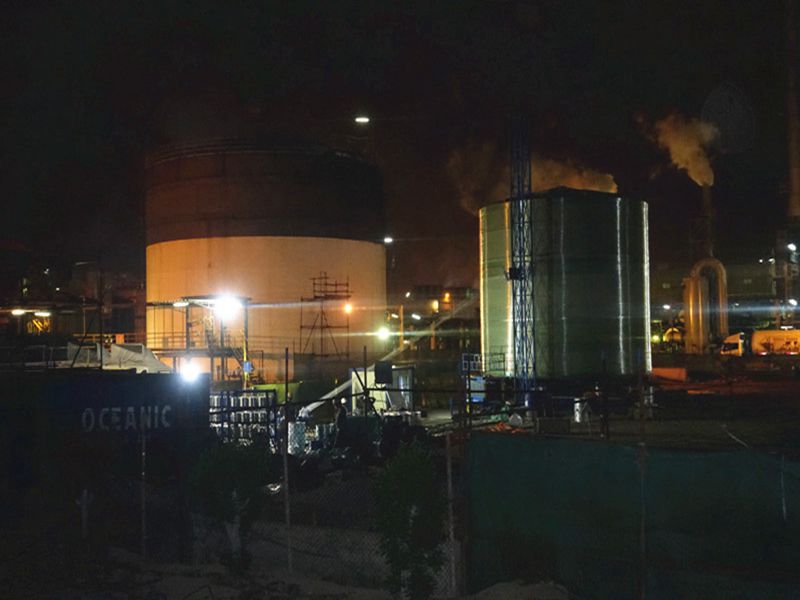
-
 Afrikaans
Afrikaans -
 Albanian
Albanian -
 Amharic
Amharic -
 Arabic
Arabic -
 Armenian
Armenian -
 Azerbaijani
Azerbaijani -
 Basque
Basque -
 Belarusian
Belarusian -
 Bengali
Bengali -
 Bosnian
Bosnian -
 Bulgarian
Bulgarian -
 Catalan
Catalan -
 Cebuano
Cebuano -
 China
China -
 China (Taiwan)
China (Taiwan) -
 Corsican
Corsican -
 Croatian
Croatian -
 Czech
Czech -
 Danish
Danish -
 Dutch
Dutch -
 English
English -
 Esperanto
Esperanto -
 Estonian
Estonian -
 Finnish
Finnish -
 French
French -
 Frisian
Frisian -
 Galician
Galician -
 Georgian
Georgian -
 German
German -
 Greek
Greek -
 Gujarati
Gujarati -
 Haitian Creole
Haitian Creole -
 hausa
hausa -
 hawaiian
hawaiian -
 Hebrew
Hebrew -
 Hindi
Hindi -
 Miao
Miao -
 Hungarian
Hungarian -
 Icelandic
Icelandic -
 igbo
igbo -
 Indonesian
Indonesian -
 irish
irish -
 Italian
Italian -
 Japanese
Japanese -
 Javanese
Javanese -
 Kannada
Kannada -
 kazakh
kazakh -
 Khmer
Khmer -
 Rwandese
Rwandese -
 Korean
Korean -
 Kurdish
Kurdish -
 Kyrgyz
Kyrgyz -
 Lao
Lao -
 Latin
Latin -
 Latvian
Latvian -
 Lithuanian
Lithuanian -
 Luxembourgish
Luxembourgish -
 Macedonian
Macedonian -
 Malgashi
Malgashi -
 Malay
Malay -
 Malayalam
Malayalam -
 Maltese
Maltese -
 Maori
Maori -
 Marathi
Marathi -
 Mongolian
Mongolian -
 Myanmar
Myanmar -
 Nepali
Nepali -
 Norwegian
Norwegian -
 Norwegian
Norwegian -
 Occitan
Occitan -
 Pashto
Pashto -
 Persian
Persian -
 Polish
Polish -
 Portuguese
Portuguese -
 Punjabi
Punjabi -
 Romanian
Romanian -
 Russian
Russian -
 Samoan
Samoan -
 Scottish Gaelic
Scottish Gaelic -
 Serbian
Serbian -
 Sesotho
Sesotho -
 Shona
Shona -
 Sindhi
Sindhi -
 Sinhala
Sinhala -
 Slovak
Slovak -
 Slovenian
Slovenian -
 Somali
Somali -
 Spanish
Spanish -
 Sundanese
Sundanese -
 Swahili
Swahili -
 Swedish
Swedish -
 Tagalog
Tagalog -
 Tajik
Tajik -
 Tamil
Tamil -
 Tatar
Tatar -
 Telugu
Telugu -
 Thai
Thai -
 Turkish
Turkish -
 Turkmen
Turkmen -
 Ukrainian
Ukrainian -
 Urdu
Urdu -
 Uighur
Uighur -
 Uzbek
Uzbek -
 Vietnamese
Vietnamese -
 Welsh
Welsh -
 Bantu
Bantu -
 Yiddish
Yiddish -
 Yoruba
Yoruba -
 Zulu
Zulu
Fiberglass Flanges for Durable and Lightweight Industrial Applications and Custom Solutions
Understanding Fiberglass Flanges Applications and Advantages
In the realm of industrial components, fiberglass flanges have emerged as a significant innovation, providing an efficient solution for various applications in piping systems. Traditionally, flanges are used to connect pipes, valves, pumps, and other equipment, creating a sealed system that can withstand significant pressure. Fiberglass flanges, made from reinforced fiberglass materials, offer distinct advantages over their metal counterparts, making them increasingly popular in numerous industries.
What are Fiberglass Flanges?
Fiberglass flanges are components made from a composite material consisting of fibers — usually glass — embedded in a resin matrix. This combination results in a lightweight yet strong material that exhibits excellent resistance to corrosion, chemicals, and high temperatures. Fiberglass flanges are available in various designs, sizes, and pressure ratings, suitable for different applications ranging from water treatment facilities to chemical processing plants.
Key Benefits of Fiberglass Flanges
1. Corrosion Resistance One of the most significant advantages of fiberglass flanges is their inherent resistance to corrosion. Unlike metal flanges that can rust or degrade when exposed to corrosive substances, fiberglass does not react with most chemicals, making it the ideal choice for applications in harsh environments.
2. Lightweight Fiberglass flanges are considerably lighter than steel or iron flanges. The reduced weight leads to easier handling and installation, which can significantly cut down labor costs and time. This attribute is especially beneficial in applications requiring frequent maintenance or modifications.
3. Thermal Insulation Fiberglass also offers excellent thermal insulation properties. When used in piping systems that transport hot fluids, fiberglass flanges help minimize heat loss, enhancing energy efficiency. This characteristic is critical in industrial settings, as it helps maintain the desired temperature of fluids while reducing energy costs.
4. Durability Fiberglass flanges are designed to withstand harsh environmental conditions, including UV exposure, extreme temperatures, and pressure fluctuations. Their durability ensures longevity, reducing the need for frequent replacements and repairs. This reliability translates into lower maintenance costs over time.
fiberglass flange

5. Cost-Effectiveness Although the initial investment in fiberglass flanges might be higher compared to some metals, their long-term benefits often outweigh the upfront costs. Reduced maintenance, resistance to corrosion, and longevity make fiberglass a cost-effective choice over time.
Applications of Fiberglass Flanges
Fiberglass flanges are widely utilized across various sectors, including
- Water Treatment These flanges are commonly used in water treatment facilities due to their resistance to chemicals and corrosion, ensuring the integrity of the piping systems that transport water and chemical agents.
- Chemical Processing In industries handling aggressive chemicals, fiberglass flanges provide a safe and reliable connection that minimizes the risk of leaks and spills.
- Food and Beverage Industry The non-reactive nature of fiberglass makes it suitable for food processing applications, where purity and safety are paramount.
- Oil and Gas Fiberglass flanges have found applications in the oil and gas sector, particularly in offshore drilling and transportation, thanks to their lightweight and corrosion-resistant properties.
Conclusion
Fiberglass flanges represent a vital advancement in industrial piping systems, offering numerous advantages such as corrosion resistance, lightweight properties, durability, and cost-effectiveness. Their applications span various industries, contributing to improved safety and operational efficiency. As industries continue to recognize the benefits of these innovative components, the use of fiberglass flanges is expected to grow, enhancing the reliability of fluid transport systems worldwide. Whether in water treatment facilities, chemical processing plants, or beyond, fiberglass flanges are redefining industrial standards and practices.









